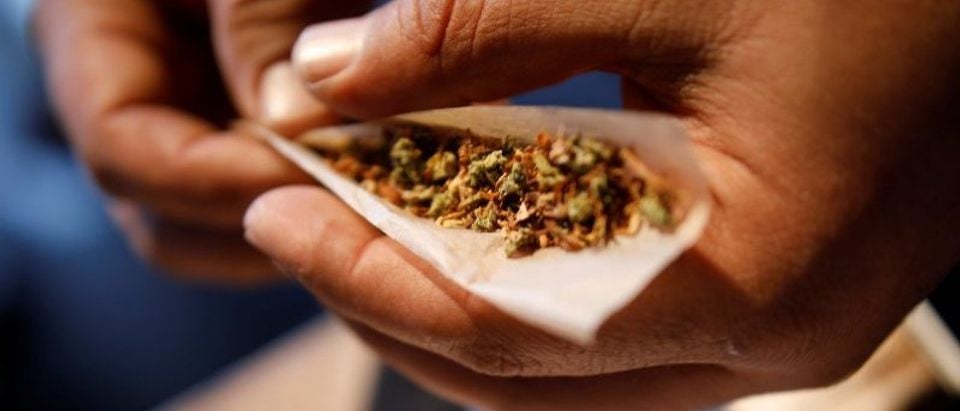Last November, Nevada was among four states that legalized the recreational use of marijuana. Some voters rejoiced in the results, but others (like me) are left with many unanswered questions. Medical marijuana is legal in 29 states and Washington D.C. Recreational marijuana is now legal in eight states as well as Washington D.C. Where the subject gets confusing is that under federal law, the sale, possession and use of marijuana are still illegal. With state and federal laws contradicting each other as well as a host of social questions, marijuana use remains an open issue. It depends on who you ask—young or old, Democrats or Republicans, and which polling organization—but a majority of all Americans seem to say it’s okay to light up.
Among the unanswered questions are how dispensaries will handle their finances, as federally regulated banks are unwilling to take the financial risk in banking with companies that are illegal under federal law. Many dispensaries will be forced into dealing with their customers and business dealings on a cash-only basis. That will increase the threat of criminal activity as thieves could see them as easy prey. And who will ultimately have the money? For starters, the people selling the pot will control the money. They can put the cash under a mattress but are we simply creating a new breed of wealthy Americans to stand with hedge fund managers and tech titans?
Another question is how our governments, state and federal, will classify recreational marijuana. Have we legitimized a starter drug and does this substance contribute to an epidemic that has already paralyzed a good portion of Americans? While the potential tax revenues could contribute to funding state governments, do these revenues come at the expense of the American people? Total U.S. societal costs of prescription opioid abuse have been estimated as high as $80 billion with total costs several times higher. Is that a fair trade or a trade that leaves us forever in the red? Moreover, in Nevada, a recent performance audit uncovered several shortcomings with the state’s medical marijuana program—a fact that does not bode well for recreational use of marijuana.
The divide between state and federal law also puts law enforcement in the lurch. The Nevada Attorney General has yet to reveal his stance on the new law. Without this guidance, Nevada remains in a bind on whether pot dispensaries can open and operate in our state. How then will our law enforcement react when faced with crime involving the use of marijuana?
Police departments across the state are going to interact with individuals using pot on a daily basis, some legally and others still illegally. How are they going to proceed when they make a traffic stop, walk up to the vehicle to find the driver puffing away on a joint? Do they have the metrics in place for measuring whether the individual was driving under the influence of drugs?
With so many unanswered questions, I would push the “pause” button on such a drastic change in our state law and social mores until at least some of these questions have better answers. As for Nevadans, the die is cast. We will know more after July 1 of this year when the law is in effect to see what happens next.
Dan Schwartz is Nevada State Treasurer.


